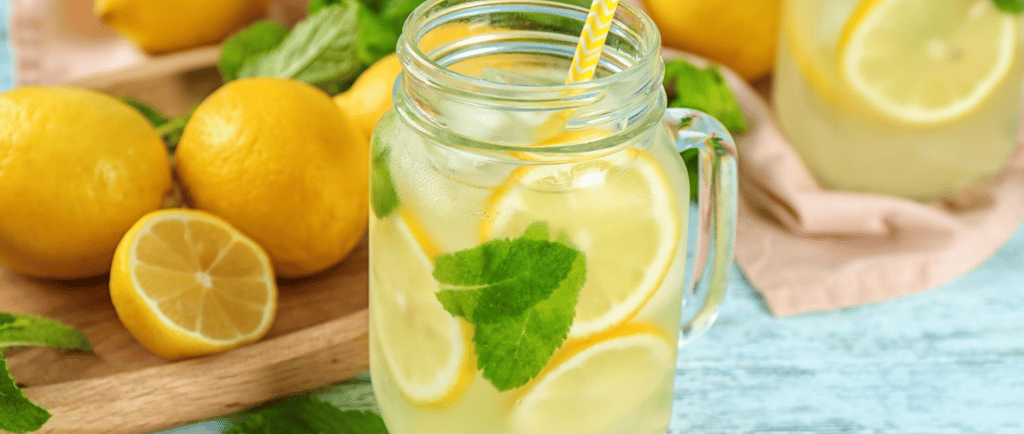Feeling 'Off'? Your Liver Might Be Crying For Help: How to Unlock Your Body's Natural Detox Powerhouse
THE WELLNESS SPECTRUM - HOLISTICVESSEL WELLNESS BLUEPRINT - THE BODY


The wellness world is obsessed with "detoxes" and "cleanses." Juice fasts, tea-toxes, expensive supplement kits—all promising to rid your body of toxins. But here's the truth: while those things do help, you already own the most sophisticated and powerful detoxification system on the planet. It's called your liver.
Instead of looking for a quick fix, let's focus on a sustainable solution: understanding, respecting, and supporting this incredible organ.
The Engine Room of Your Health
Your liver is a workhorse. It performs over 500 vital functions, but its most famous role is as your master filtration system. It doesn't "store" toxins. Instead, it works tirelessly through a brilliant, two-phase process to neutralize and remove harmful substances.
Think of it like your home's waste management system:
Phase I (Activation): This is like gathering up all the trash in your house and putting it into specific trash bags. Your liver uses a family of enzymes (known as Cytochrome P450) to grab harmful, fat-soluble toxins (from things like pesticides, medications, alcohol, and metabolic waste) and convert them into more reactive, water-soluble compounds. This phase requires key nutrients like B vitamins and antioxidants to function properly.
Phase II (Conjugation): This is like putting the trash bags on the curb for pickup. The reactive compounds from Phase I are often more dangerous than the original toxin, so they must be neutralized quickly. In Phase II, the liver attaches another molecule (like glutathione or sulfate) to them. This process, called conjugation, renders them harmless and ready for elimination. This phase depends heavily on amino acids from protein and sulfur-rich foods.
For optimal health, both phases must work in perfect harmony. The goal is to support this entire elegant process, not to force it with a temporary "detox."
The Importance: A Burdened Liver vs. A Supported Liver
When we overload our system, the liver can become sluggish and burdened. The consequences go far beyond simple fatigue.
The Dangers of an Overburdened Liver:
A liver that is struggling to keep up can lead to a cascade of issues, including:
Fatigue and Brain Fog: An inability to efficiently clear metabolic waste can leave you feeling tired and mentally fuzzy.
Skin Issues: When the liver can't keep up, the body may try to push toxins out through the skin, leading to acne, rashes, or eczema.
Hormonal Imbalances: The liver metabolizes and clears excess hormones. If it's slow, it can contribute to issues like PMS and estrogen dominance.
Inflammation and Weight Gain: A struggling liver can contribute to systemic inflammation and difficulty losing weight, and in the long run, may lead to serious conditions like Non-Alcoholic Fatty Liver Disease (NAFLD).
The Benefits of a Well-Supported Liver:
By shifting your focus to support, you empower your body's innate ability to thrive. The benefits include:
Clear, Radiant Skin
Stable, All-Day Energy
Improved Mood and Mental Clarity
Balanced Hormones and Easier Weight Management
Enhanced Resilience to Environmental Stressors
How to Steward Your Liver: A Daily Guide
Supporting your liver is about the small, consistent choices you make every day.
Step 1: Reduce the Burden. This is the most critical step. You can't out-supplement a heavy toxic load. Focus on minimizing your liver's workload by going easy on alcohol and excess fructose (especially from sugary drinks and processed foods), as these are particularly taxing. Be mindful of environmental toxins in cleaning supplies and plastics where possible.
Step 2: Eat for Both Phases. Provide your liver with the raw materials it needs to perform its two-phase magic. This is where your diet becomes a powerful tool.
Eat Your Cruciferous Veggies: Broccoli, cauliflower, Brussels sprouts, and kale contain compounds that support both phases of liver detoxification.
Embrace Bitter Greens: Foods like dandelion greens, arugula, and radicchio can help stimulate bile flow, which is crucial for carrying toxins out of the body.
Include Allium Family Foods: Garlic, onions, and shallots are rich in sulfur, which is essential for Phase II conjugation.
Focus on Antioxidants: Berries, dark leafy greens, and colorful vegetables help protect liver cells from damage during the detoxification process.
Step 3: Ensure Proper Elimination. Once your liver has neutralized the toxins, they need a clear path out of the body. Support this by staying well-hydrated with plenty of water and eating adequate dietary fiber from whole foods to ensure regular bowel movements, which carry out bile-bound toxins.
A Lifestyle of Support: Daily Maintenance
True liver health is not the result of a week-long cleanse; it's the product of a lifestyle. For the Health Turnaround Seeker, consistently supporting the liver is critical for managing blood sugar and reducing inflammation. For the Performance-Driven Athlete, an efficient liver is key for clearing metabolic waste and optimizing recovery.
Think of it as daily maintenance, not a periodic overhaul. Your body is detoxifying 24/7. Your job is simply to create an environment where that process can run smoothly and efficiently. This approach is more gentle, sustainable, and far more effective in the long run.
Tips, Tricks, and Alternate Strategies
Start with Lemon Water: A glass of warm water with a squeeze of fresh lemon juice in the morning can help hydrate you and gently stimulate digestion.
Sip on Liver-Loving Teas: Dandelion root, milk thistle, and green tea are all known for their liver-protective properties.
Spice It Up: Turmeric contains curcumin, a powerful anti-inflammatory compound that helps protect liver cells.
Sweat It Out: Your skin is a major detoxification organ. Regular exercise or using a sauna can help sweat out toxins, taking some of the load off your liver.
Manage Stress: Chronic stress and high cortisol levels can negatively impact liver function. Incorporate practices like meditation, deep breathing, or spending time in nature to calm your nervous system.
Conclusion: Your Liver, Your Lifelong Ally
It's time to ditch the "detox" marketing and embrace a more empowering and scientifically sound approach. Your body has an innate intelligence, and your liver is the genius in charge of keeping you clean from the inside out. By focusing on reducing its burden and providing it with the nutrients it needs, you are working with your body, not against it.
Steward your liver, and it will steward your health. It's that simple.
Your call to action is to choose just one thing from this guide to implement this week. Maybe it's adding a side of steamed broccoli to your dinners, swapping a soda for water, or starting your day with a cup of dandelion tea. These small, consistent acts are the true secret to long-term vitality.


